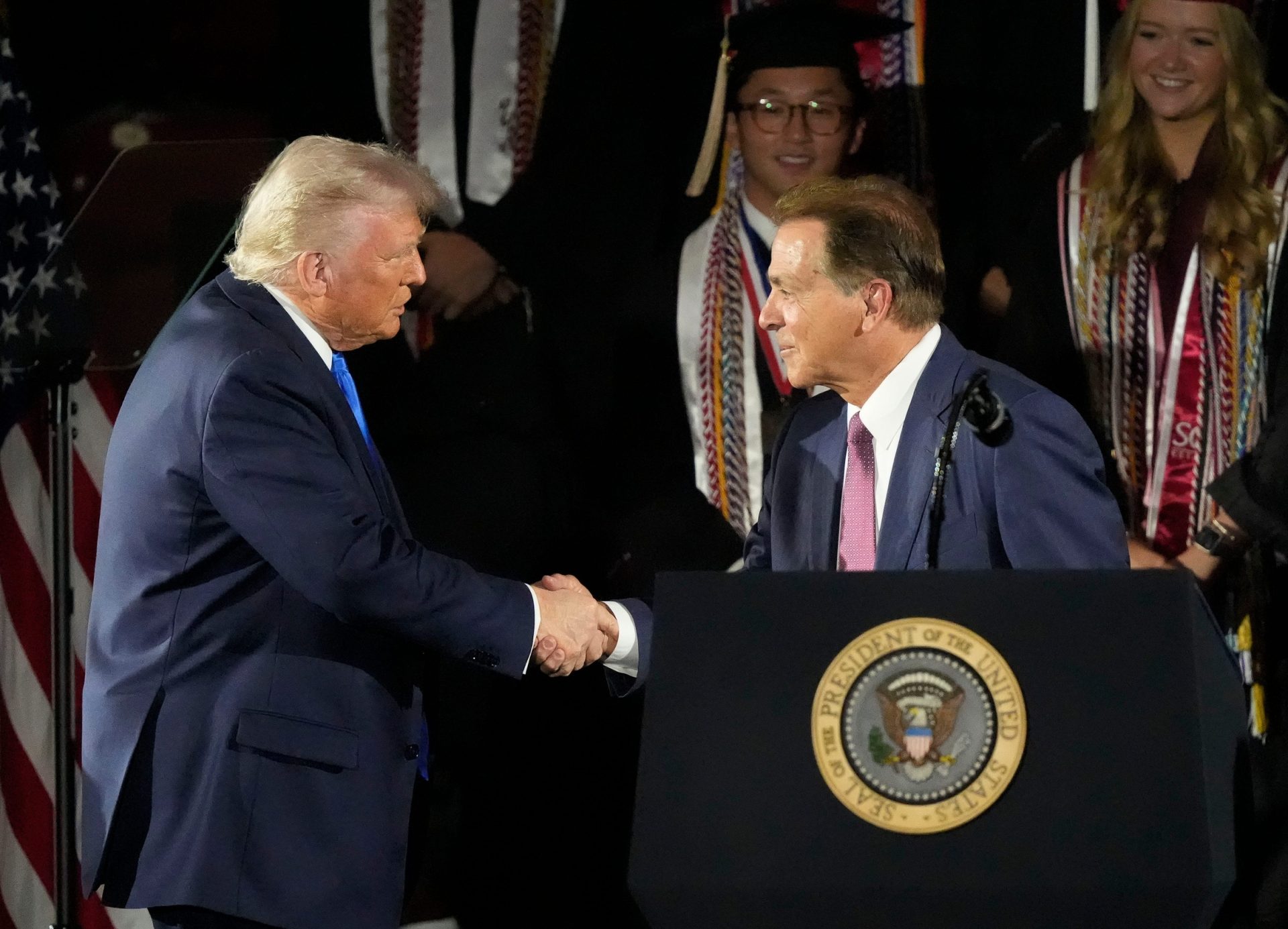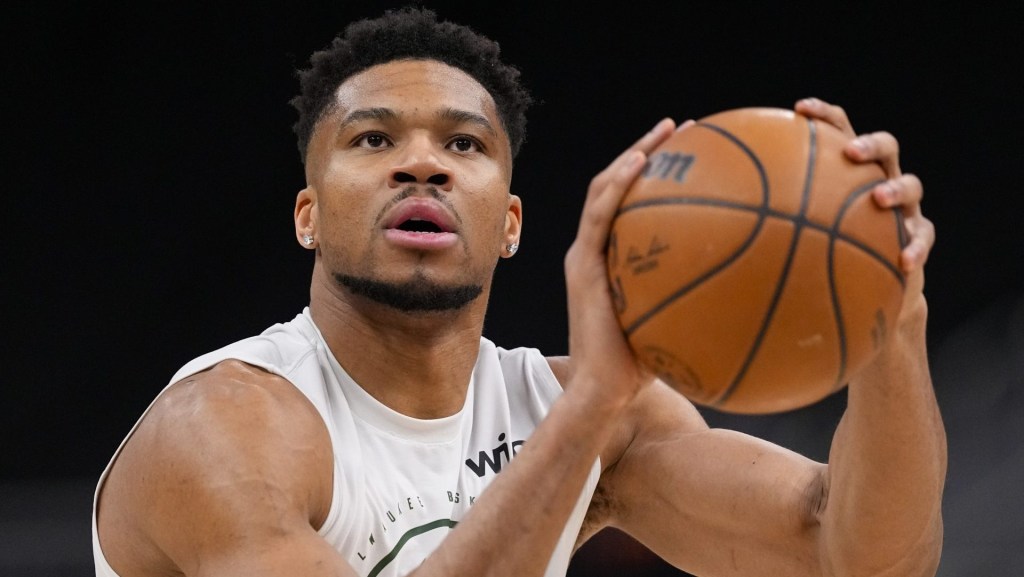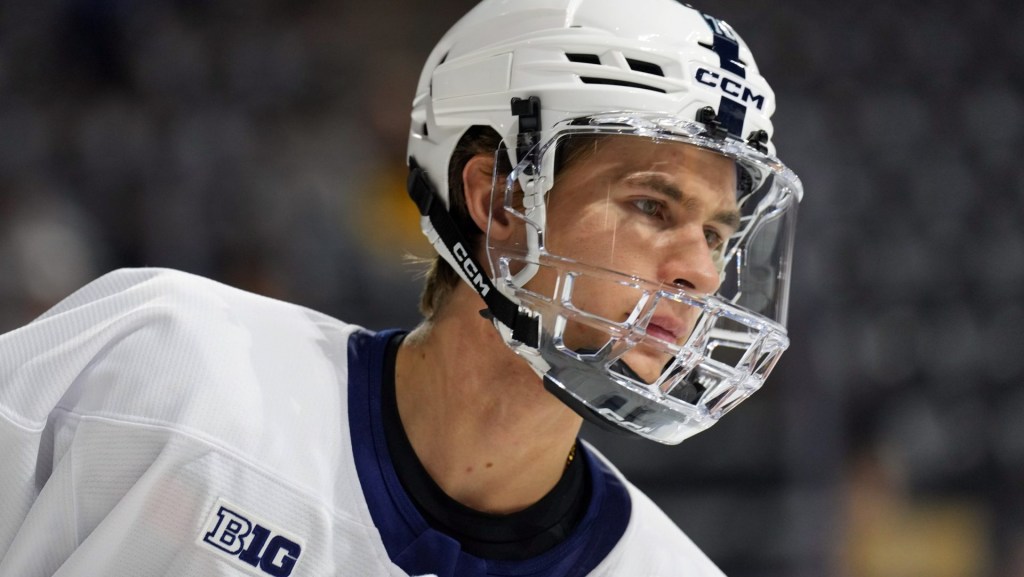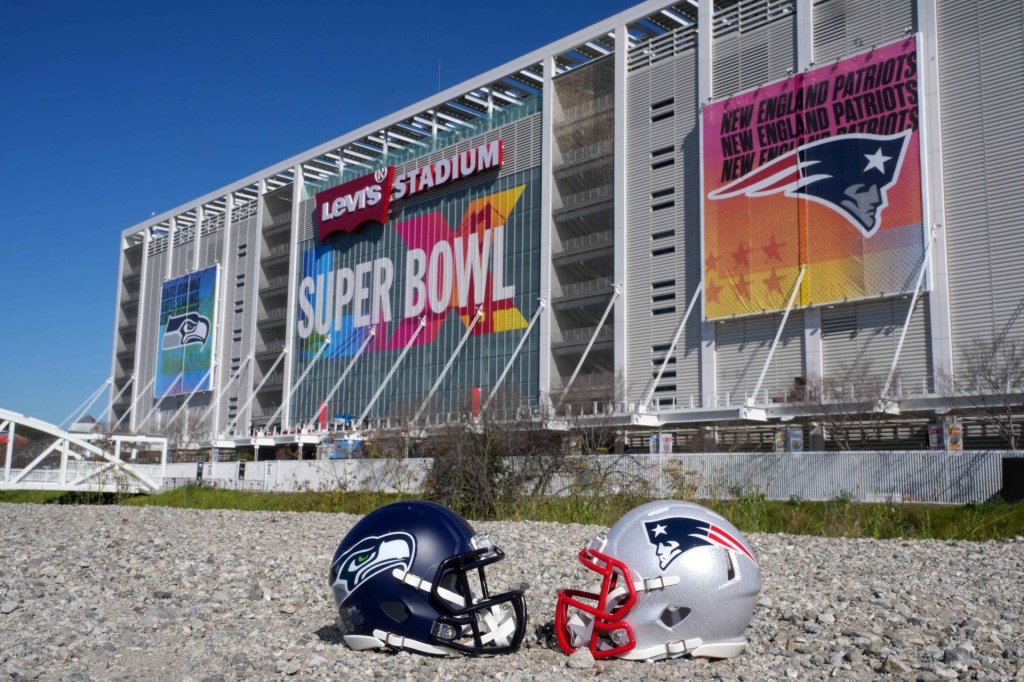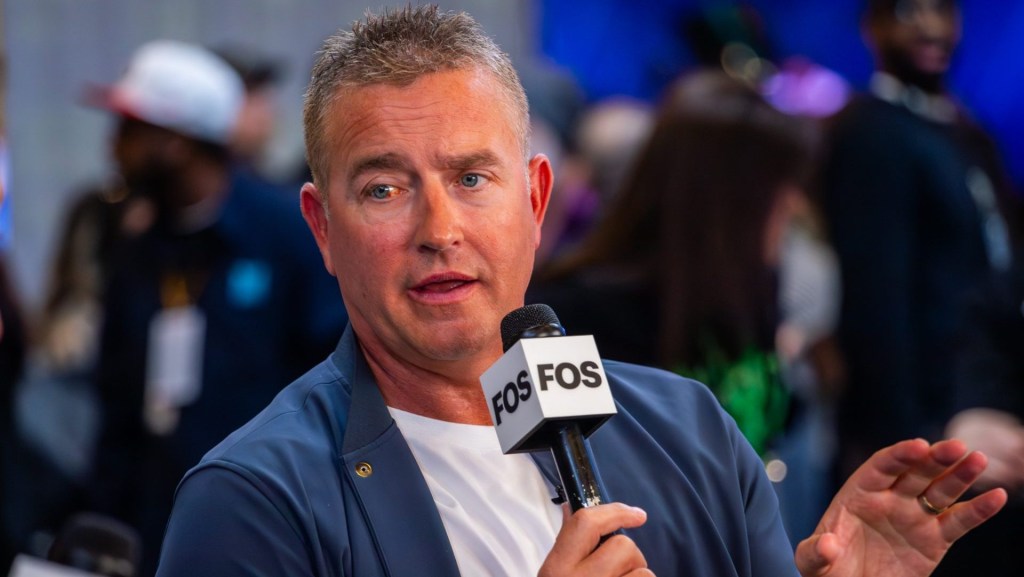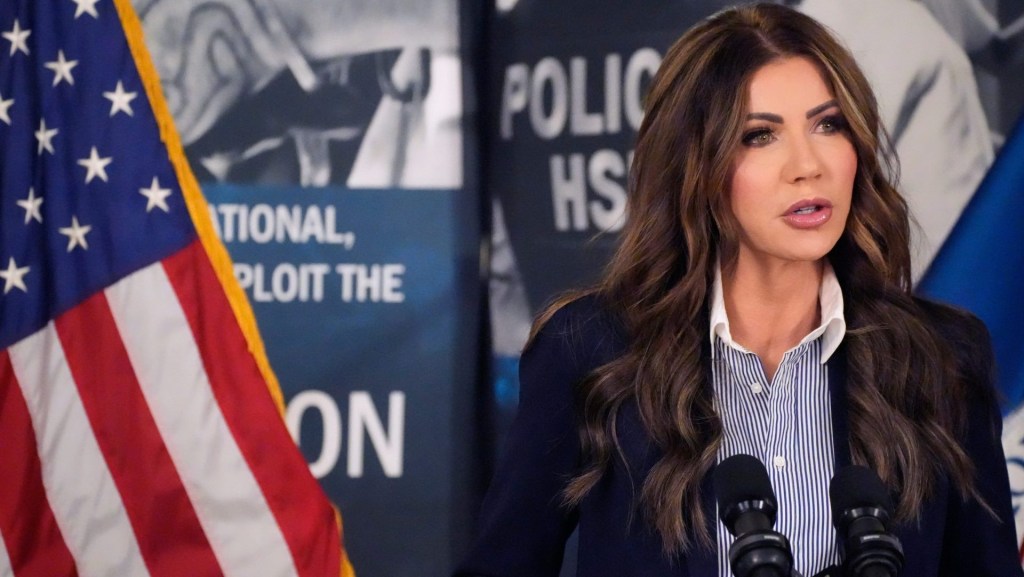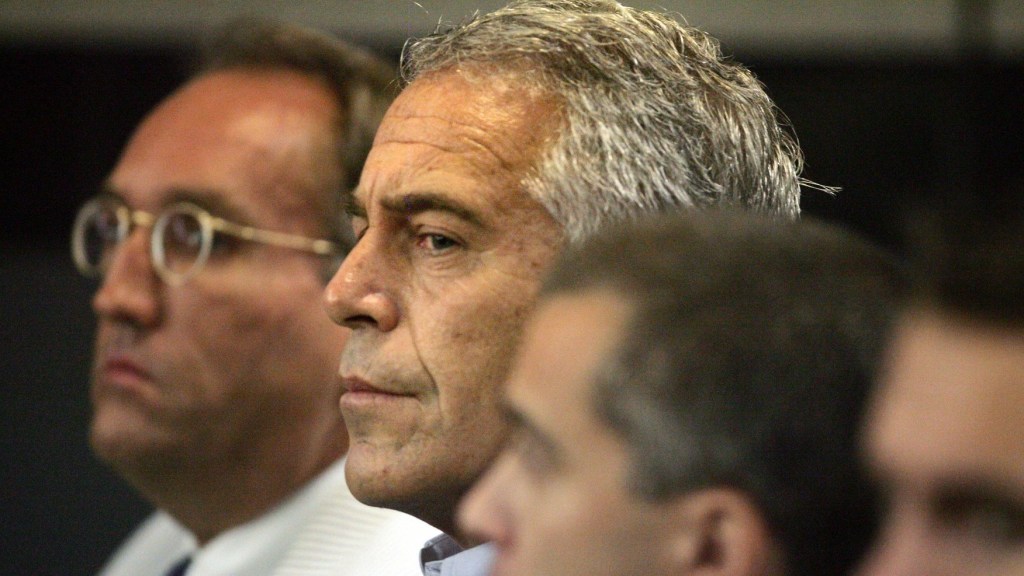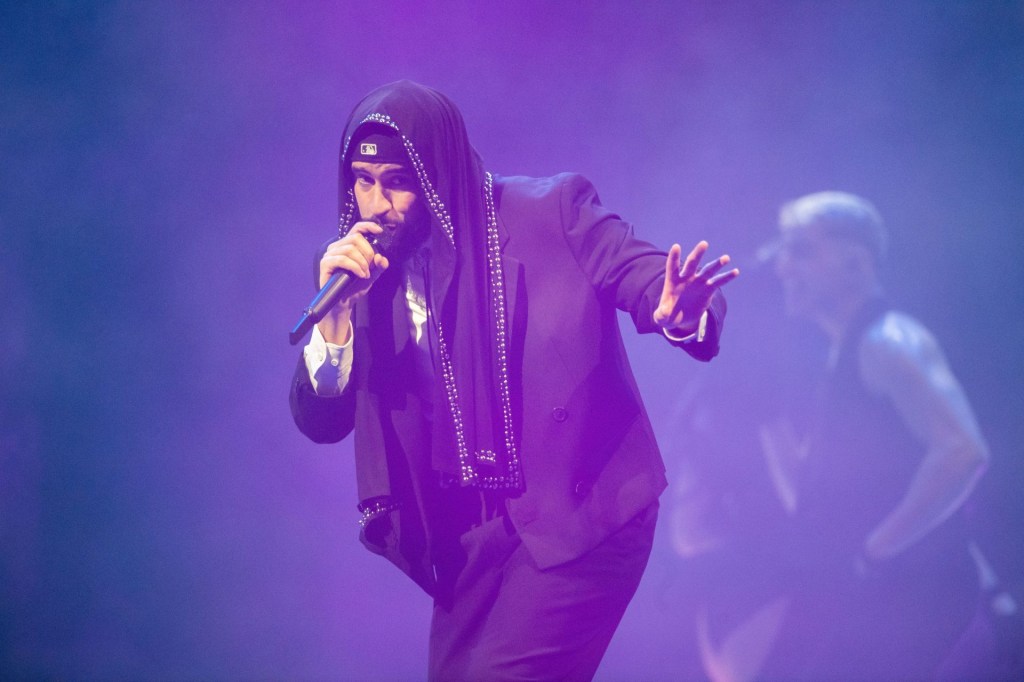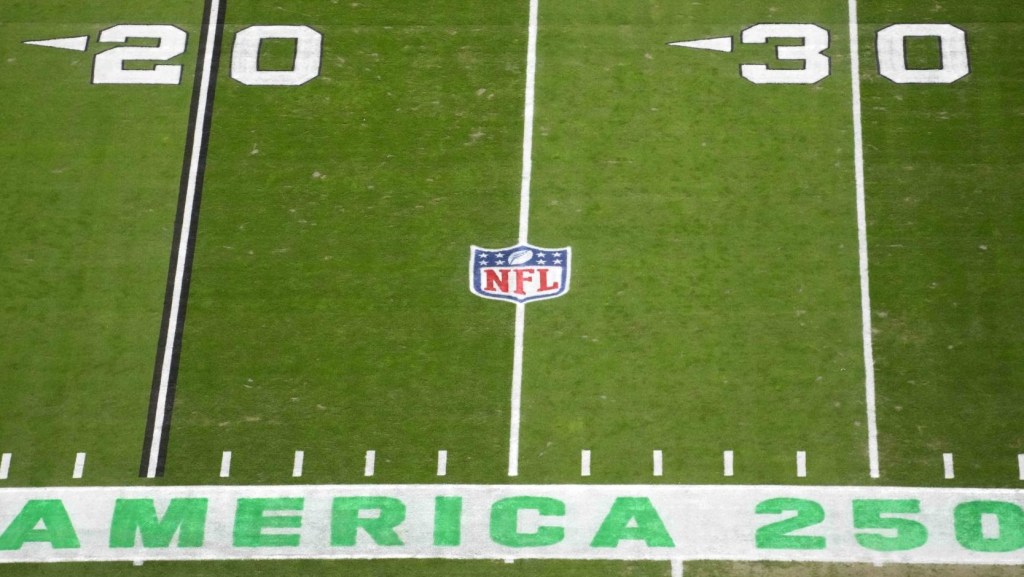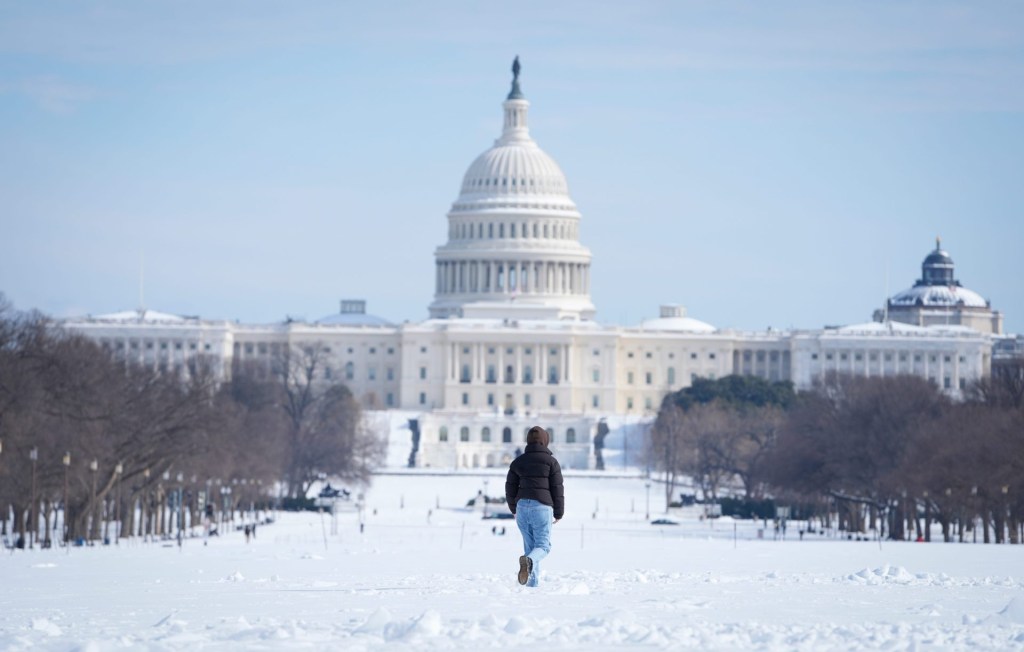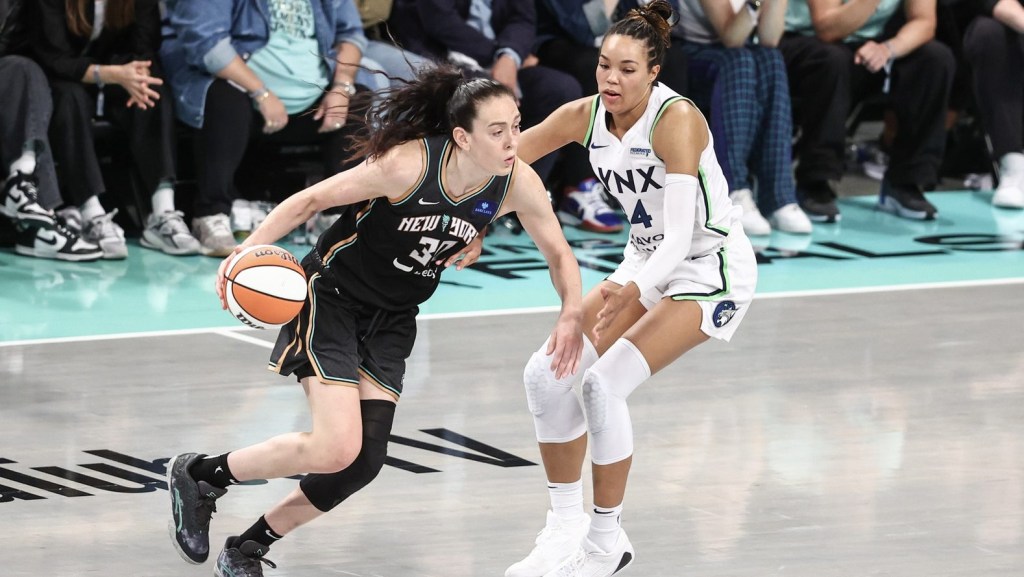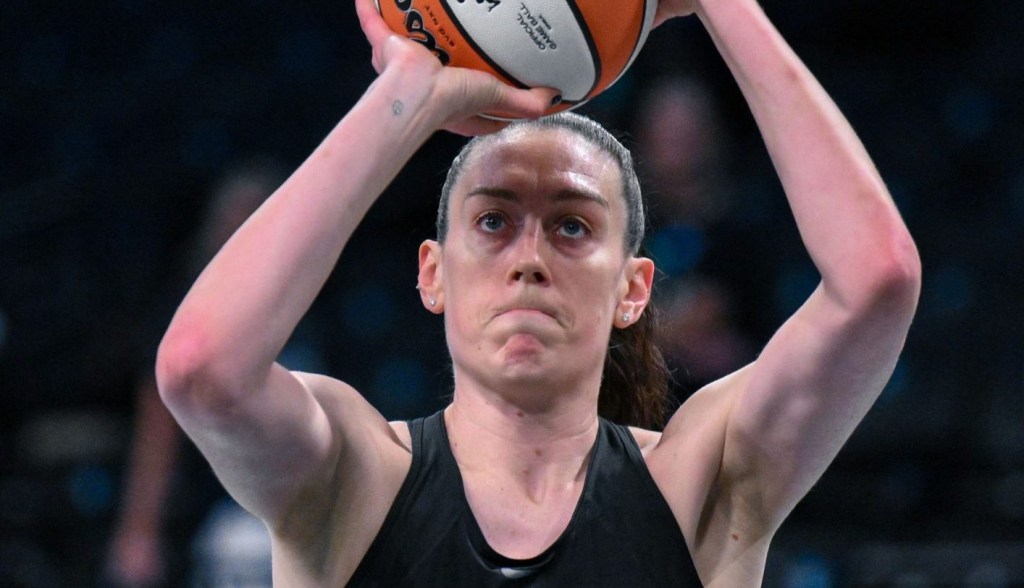To many in and around Capitol Hill, the report that President Donald Trump was creating a commission on college sports—news following reports he was considering an executive order on NIL (name, image, and likeness)—was met with surprise, sources tell Front Office Sports. And at this point, it’s unclear which of the NCAA’s wish list could be granted by the commission, or a Trump executive order, beyond establishing an NCAA-friendly committee to study and advise on college sports policy.
No announcement was made to members of Congress signaling the commission in advance, one congressional aide told FOS. A lobbyist described “scrambling and confusion” on both sides of the aisle after the initial Yahoo Sports report.
The lack of advance notice wasn’t necessarily uncommon for the current administration, the lobbyist said. But it suggests there may not be much coordination between the Trump White House and Congress on this issue, despite the fact that lawmakers have been working on several bills related to college sports and NIL over the past few years. They’ve also held more than a dozen hearings.
Since 2019, the NCAA and power conferences have been engaged in a multimillion-dollar federal lobbying campaign aimed at regaining control over college athlete compensation rules. Power 4 commissioners and school administrators have made frequent trips to Washington over the past few years to advocate for their cause.
But one Power 4 executive told FOS they and, as far as they knew, the colleagues in their conference, had never been approached by anyone in the Trump White House to talk about issues related to college sports, let alone for the news of this commission. An NCAA representative declined to comment about whether the governing body was informed of the commission’s creation before it was first reported Wednesday. (In 2023 the Biden Administration hosted a roundtable on college athlete collective bargaining rights, part of a broader pro-labor agenda.)
It’s unclear whether an executive order could meet the NCAA’s demands.
The NCAA and power conferences have asked Congress for antitrust protections, the ability to bypass state laws around athlete compensation, and a law deeming athletes amateurs, rather than employees (which would therefore supersede pending litigation on the question). That would allow the NCAA to establish its own rules on a range of issues, from the unrestricted transfer portal to NIL payment regulation—and even prohibiting athletes from being deemed employees. (The NCAA is awaiting word on whether a federal judge will approve the House v. NCAA settlement, which would establish a revenue-sharing model and allow for some restrictions on NIL. But many of the issues the NCAA is most concerned about, like employee status, aren’t addressed in the settlement.)
The congressional aide said an executive order may not be the appropriate mechanism to make the NCAA’s request changes, however—they’d need to be addressed through federal legislation. If not, more lawsuits could strike them down. (Several of Trump’s executive orders have been met with legal challenges, including one ending collective bargaining for federal workers and one addressing birthright citizenship.)
The lobbyist suggested that, more likely, an executive order could be used to establish the commission itself, which would then author a report and suggest guidelines for the White House to follow on college sports policy. Congressional Republicans would feel inclined to follow the recommendations of this commission in any potential legislation, the lobbyist said. A comparable situation: Trump’s executive order last week establishing the “Religious Liberty Commission.”
For now, however, little is known about the commission—or the executive order—besides the reports saying former Alabama football coach Nick Saban and billionaire Cody Campbell, a Texas Tech board of regents chairman and board member of the Texas Tech NIL collective the Matador Club, would co-chair it. (Both Saban and Campbell have expressed views in favor of granting the NCAA at least some of its requests, like state law preemption.) Trump has not yet made public comments about any major issues facing college sports’ business model.
